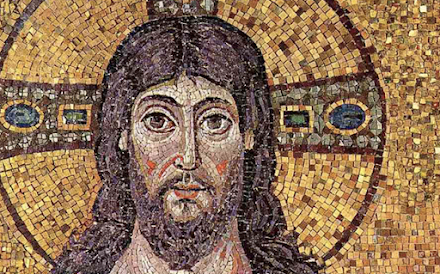Priesthood of the Believer

One of the most important principles derived from the Protestant Reformation is the priesthood of the believer. Martin Luther wanted Christians to understand that, in God’s eyes, the people were not second-class citizens as compared to the clergy or the nobility. Instead, new covenant believers are all saints, kings, and priests. There are three fundamental principles of the Protestant Reformation: the supremacy of the Scriptures over tradition, the supremacy of faith over works, and the supremacy of the Christian people over an exclusive priesthood . The first may be called the objective, the second the subjective, the third the social or ecclesiastical principle. While Martin Luther did not use the exact phrase "priesthood of all believers," he infers a general priesthood in Christendom in his 1520 “ To the Christian Nobility of the German Nation ” . He said that all Christians “are truly of the spiritual estate, and there is no difference among them, save of office al...





